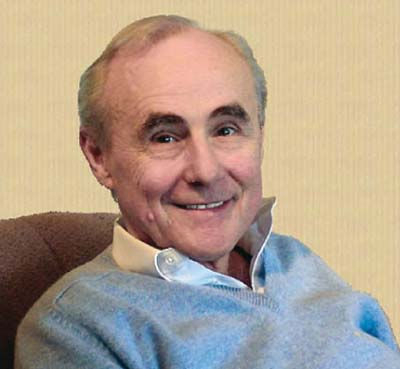Are you suffering from death anxiety?
- Maria Alda Gomez Otero

- Dec 11, 2018
- 2 min read
Understanding death anxiety
The death of a loved one – When you are faced with the unexpected death of a loved one, you may undeniably be facing your own death, possibly for the first time. That can create anxiety symptoms (shallow breathing, fast heartbeat, panic attacks) as if a real danger was present.
Living fully brings thoughts of death – If you experience life fully, you are more aware of the fact that one day you will disappear and die. That can create anxiety and therefore you may choose not to live. You may well be alive, but you will not engage in life fully. Depression can be a consequence of this unconscious choice. Or workaholism, keeping yourself so busy that you haven’t got the time to think.
Death will not touch me – Death anxiety can be triggered if you no longer think that death is an illusion that will never touch you. Even though consciously we all know that we will die, there is a deep denial about death. We rarely talk about it, and we unconsciously believe that it only happens to others, not us.
We are not special – When we truly acknowledge that we have an expiring date and life continues without us, we can no longer feel special. Becoming aware of our smallness may bring a lot of anger about life, frustration at how little we can do in our world.
However, death does not need to be our enemy, but it can become our teacher. When you fully embrace the idea that you are going to die, when your death becomes really present, then you will experience life in its fullest. Each experience will have more flavour, feeling, life.
Ideas taken from Irvin D. Yalom book “Existential Psychotherapy”




Comments